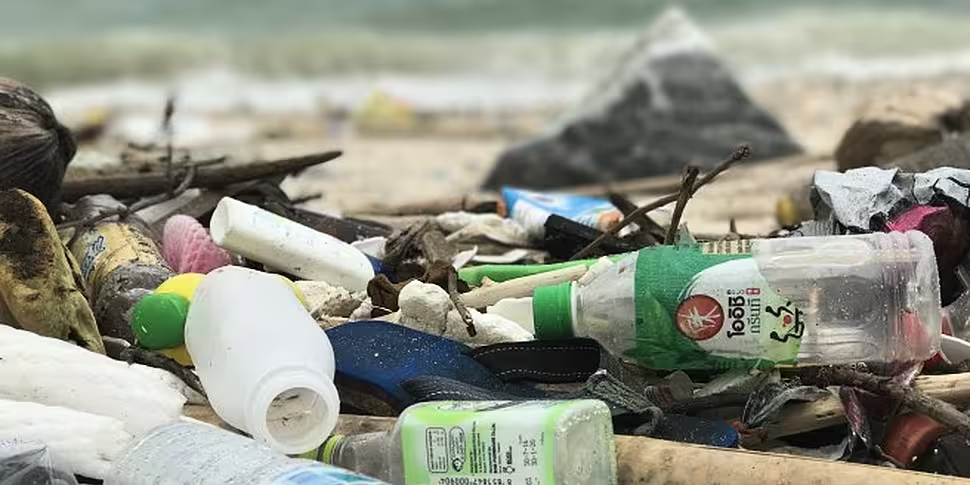Honduras has blamed neighbouring Guatemala for creating an "environmental disaster" after shocking images revealed a blanket of plastic rubbish engulfing the sea around a Caribbean island.
Leonardo Serrano, deputy mayor of the Honduran town of Omoa, claimed communities in Guatemala are dumping their refuse into a river which is then gathering at sea to form floating "trash islands."
Some of the rubbish is being deposited on beaches around the seaside town of Omoa, which he claims is clearly from Guatemala.
Mr Serrano said: "It's an environmental disaster."
Sea of plastic
The accusation comes after underwater photographer Caroline Power released pictures in October of the "sea of plastic" around the idyllic Honduran island of Roatan where she lives.
In the pictures, large masses made up of plastic bottles, cutlery and polystyrene plates can be seen engulfing the water's surface.
Ms Power, a supporter of coral reef conservation group Roatan Marine Park, has disputed Mr Serrano's claim that Guatemala is to blame.
She said: "We also do not know where the garbage comes from.
"One of the main sources are rivers on the mainland of Honduras and Guatemala.
"But the rest could come from anywhere. It could come on currents from anywhere in Central America or the Caribbean.
"Some of the micro plastics have probably been floating around for years."
Marine life
Marine biologist Nancy Calix said most of the rubbish sinks to the seabed where it damages coral.
"We have found fish, even turtles up to a meter wide, dead after ingesting these plastics," she said.
Struggling to cope
Omoa is struggling to cope with the amount of rubbish washing up on its white beaches, which is damaging its appeal, municipal tourism chief Amilcar Fajardo said.
The local authorities pay to clean up the beaches, but the rubbish washes up faster than crews can remove it.
Omoa Mayor Ricardo Alvarado said: "On Friday, we filled 20 dump trucks of 13 cubic meters (460 cubic feet) each, and it made almost no difference."
"We are even finding bags holding blood" that came from Guatemalan hospitals, he claimed.
This week Guatemalan Environment Minister Sydney Samuels promised to build a $1.6 million (€1.34m) rubbish handling plant on the Motagua River which runs along the Guatemalan side of the border with Honduras.
A total 6.4m tonnes of rubbish ends up in the sea each year, according to the UN Environment Programme.
The majority of it - 70% - falls to the sea bed and about 15% circulates on ocean currents while the rest washes up on beaches.









